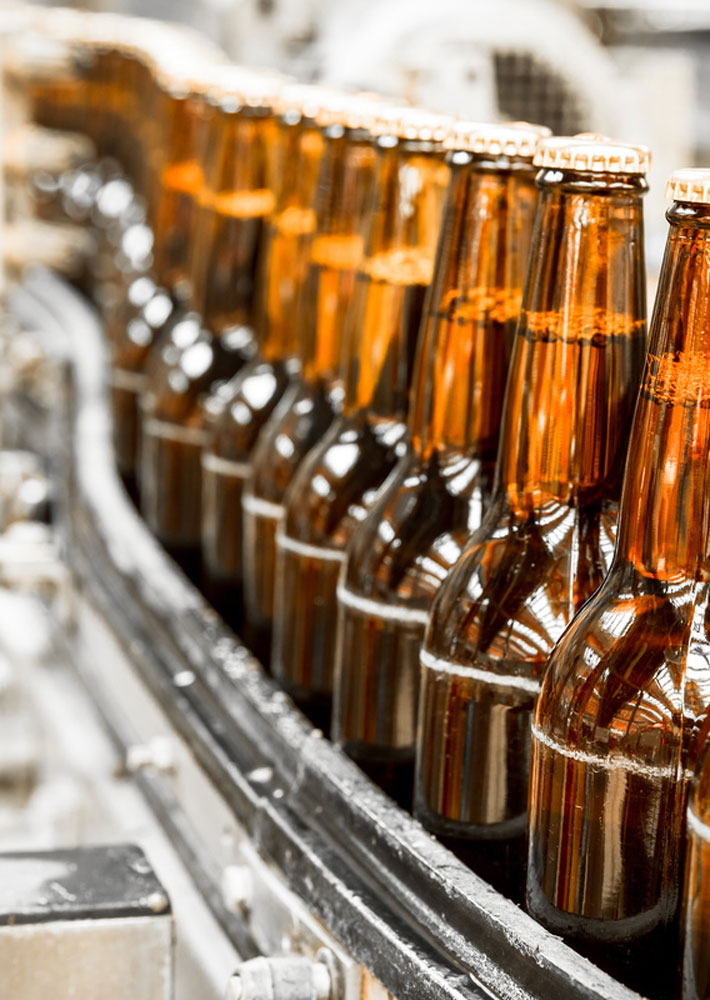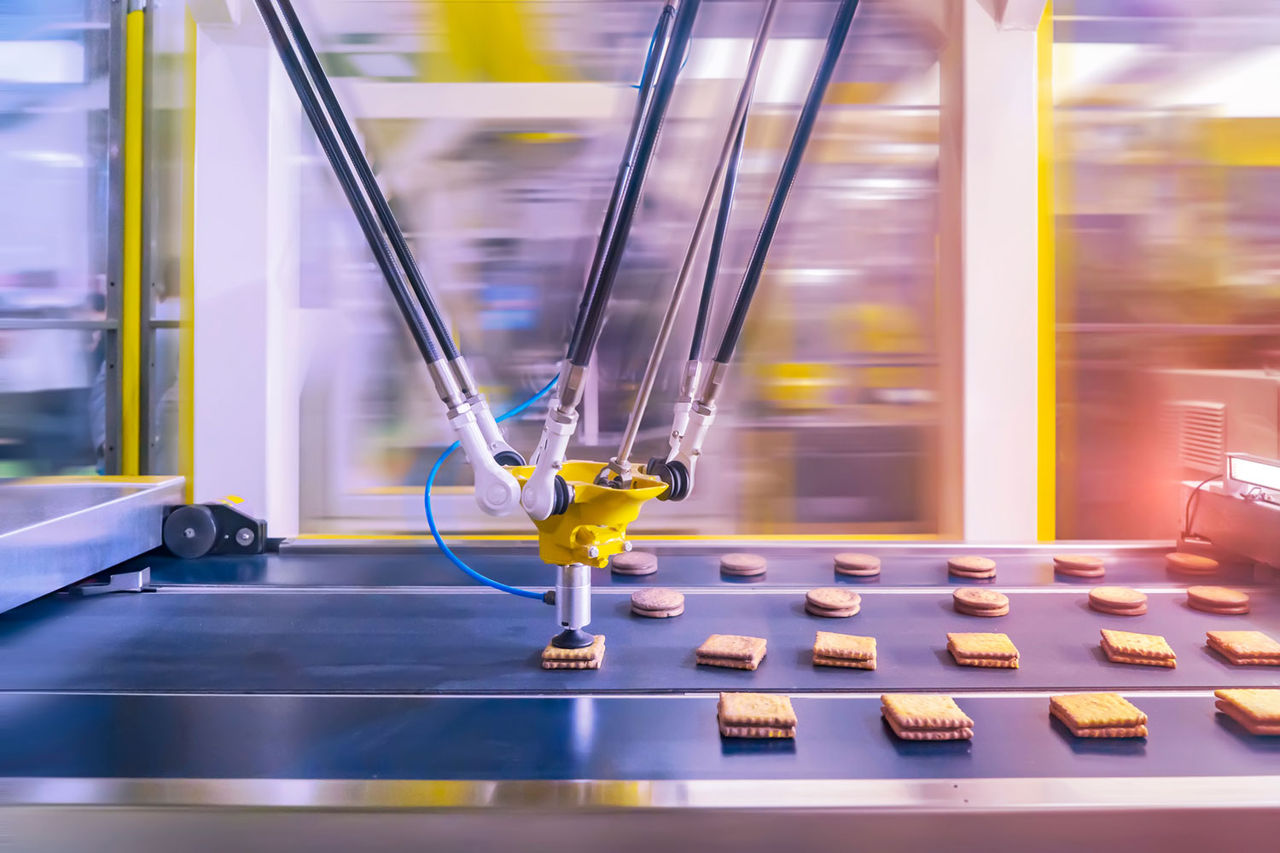In this article
Food safety legislation baked-in with ERIKS
Food safety legislation isn’t going away. If anything, it’s getting even more complex and confusing – making it much harder for food manufacturers to stay on the right side of the law. But compliance isn’t just about ticking boxes to keep an inspector happy. It’s also about avoiding potentially disastrous product recalls, which could bankrupt your business or destroy its reputation. So food safety needs to be as essential an ingredient of your product as anything else in the recipe.

The key requirement of food production legislation is that all materials coming into contact with food products must meet legal standards. This covers the obvious materials – such as packaging – to the less obvious, such as the rubber on the conveyor belts. Under EU legislation (EC1935/2004) no fewer than 16 different groups of materials are covered, ranging from adhesives to glass, metals to paper, and printing ink to wax.
To help manufacturers ensure their products in these categories are food safe, they must be manufactured according to Good Manufacturing Practice, which means they must never:
- Cause health risks
- Lead to unacceptable structural changes
- Lead to changes in sensory perception.
To prove that’s the case, materials and objects need to have a written Declaration of Compliance confirming they meet all legal requirements, and do not exceed permitted migration limits.
But simply showing a piece of paper from a supplier, which confirms a specific material complies with a requirement, is not enough on its own to satisfy an audit, protect your product or keep your customers safe.
It’s also vital to be able to trace not just the products, but also the raw materials used to manufacture them, back through the entire supply chain and to show that they comply with food safety legislation at every stage.
Untangling the supply chain
Traceability through the supply chain is not easy to implement, but it’s not optional. It’s essential for compliance with food safety regulation EC1935/2004. It’s also the only way to guarantee that products are food grade, which is the only way to be sure your food end-product is manufactured to the highest standards of food safety.
However traceability isn’t just a one-off event, or a story where everything reaches a happy ending with a certificate. It’s a permanent way of working which needs to be understood and implemented by every department, including purchasing, sales, production, and quality control. After all, the technical department need to know that just because they want parts quickly, they can’t simply ignore the requirements of traceability, certification and documentation.
So the entire supply chain and product flow need to be meticulously documented for every product supplied, every time. As just one example, a plastic food contact product has to be traceable and compliant from the initial granulate right through to the end product.

This is not simple, or quick, or easy. But it’s arguably simpler, quicker and easier than arranging a nationwide product recall, and less costly than hiring reputation managers to rebuild the trust and the customer base that you’ve lost as a result of a food product contamination incident.

Food for thought
Food safety legislation compliance is a serious issue, and ERIKS takes it even more seriously than most. That’s why, uniquely among industrial service providers, ERIKS is fully certified for food safety (to ISO 22000- 2018) despite not being an actual food processing company.
This guarantees that ERIKS food contact products comply with:
- Certified production according to IS0 22000
- Contaminants legislation – EC1935/2004
- Material requirements – EC10/2011
- Quality requirements – EC2023/2006
- 100% traceability
A Declaration of Compliance is also available to prove all of the above.
But it’s not only the growing range of EC1935/2004 and EU10/2011 approved components supplied by ERIKS which can help you to ensure your food products are safe and compliant. It’s also ERIKS’ in-depth support: from presentations to enhance your knowledge and understanding of food safety legislation, to practical help with achieving compliant production methods and installations.
For more information about the vital ingredients of certified products, expert advice and support, please contact your local ERIKS Service Centre, who will be happy to discuss your options.
#ERIKS #LetsMakeIndustryWorkBetter #Food #FoodSafety #Traceability #Certification #Legislation

